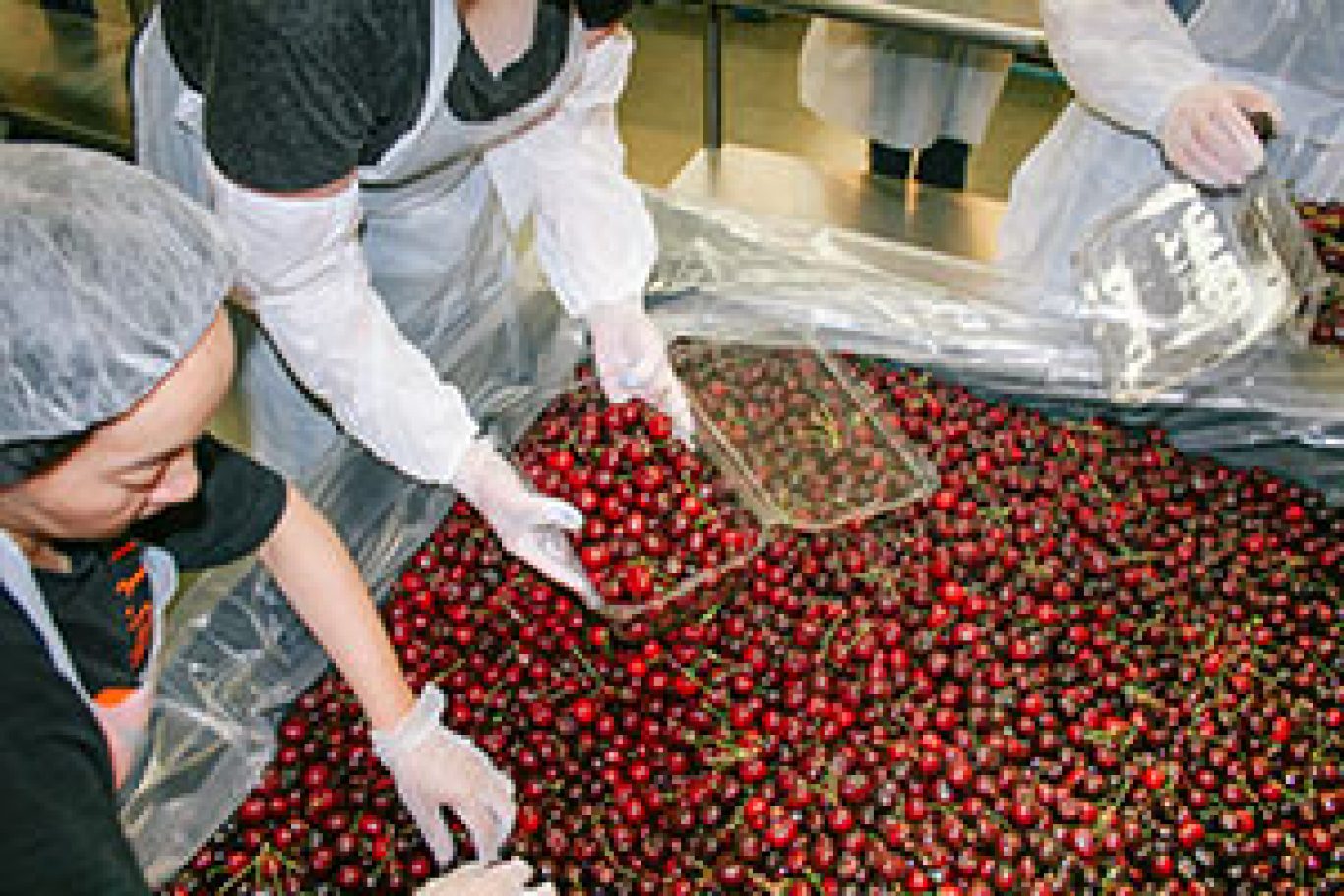Why the fight for food stamps is crucial – by David Sarasohn
Why the fight for food stamps is crucial – by David Sarasohn
August 22, 2017 – Two stories about growing up in the Pacific Northwest:
When Oregon’s U.S. Sen. Jeff Merkley was student body president at David Douglas High School in east Portland, he ran a food drive. Collecting in a low-income neighborhood, he found that every door he knocked on produced a can of something, or a box of spaghetti. Moving his efforts to a more prosperous area, his expectations were high.
But in the new area, “I collected very little food,” Merkley remembers. “People didn’t believe that hard-working families were out there struggling.”
Jen Hamilton, a new volunteer coordinator at Oregon Food Bank, was a child in a small eastern Washington town. “When I was little, I understood what hunger was,” she remembers. “Sometimes my mother would say, ‘For the next few weeks, we’ll be eating out of the pantry,’” because there was no money to buy any more food.
Now, the two stories run together.

Hamilton, with a new graduate degree from Oregon Health Sciences University as a dietitian, was just hired by Oregon Food Bank after spending nine months drawing food stamps, which for an able-bodied adult without children carries a work requirement – an obligation she met by volunteering for 20 hours a week at the food bank. During her volunteer time, she salvaged usable food, packed cherries and helped teach a Cooking Matters® class. Her food stamps, which were less than $200 a month, helped her get by.
Now, like many food stamp clients, she’s employed and no longer drawing benefits, but appreciates the help she received at a tough time.
Jen’s story now runs into the daily efforts of Sen. Merkley, who’s trying to defend food stamps against a massive assault coming from multiple directions. Both the proposed budget from the Trump administration and the document from the House Budget Committee call for deep cuts in the program, and for years a particular target for slashing has been its assistance for able-bodied adults, no matter how hard they’re trying to find work.
“That’s where Republicans have gone for the money,” says Merkley. “The Budget Committee proposal would take 171 million meals from the most vulnerable Oregonians.”
Food stamps also have a direct effect on the local economy; hungry people don’t stockpile them. They tend to spend them at the supermarket immediately, turning them into tuna, macaroni, fruits and vegetables, sending the money along.
Any cuts in food stamps – now known as the Supplemental Nutrition Assistance Program, or SNAP – will hit Oregon particularly hard. For years, the state has made major outreach efforts to get eligible Oregonians signed up for the program, and now has one of the highest participation rates in the country. Over those years, Oregon’s hunger rate, as calculated by the U.S. Department of Agriculture, has not coincidentally declined. The program helps support unemployed able-bodied adults – generally on a short-term basis – as well as the children, elderly and disabled Americans who draw most of the SNAP benefits.
During the Great Recession, when millions of Americans were teetering on the edge of desperation, SNAP covered more people, just the way it was intended. As the economy has recovered in recent years, SNAP’s case load has declined, just the way it was intended.
But not fast enough for the House of Representatives.
That’s where Sen. Merkley’s story comes in. A member of the Senate Budget Committee like his senior colleague Sen. Ron Wyden, Merkley is also the ranking Democrat on the Senate Appropriations Agriculture subcommittee, which approves the money for SNAP. Efforts to slash food stamps have come up before and as Merkley says, “We protected the program on the Senate side.”
This isn’t entirely a Democratic effort; Republican senators from agricultural states often see the benefits of SNAP from the supply side.
Then, especially in the House, there are those who don’t. That’s when Merkley remembers the wealthier neighborhood that yielded less than the poorer neighborhood.
“I think that many Republicans,” says Merkley, “don’t think there is hunger.”
And Jen Hamilton remembers something about a being a hungry child in a small eastern Washington town:
People would help each other.
